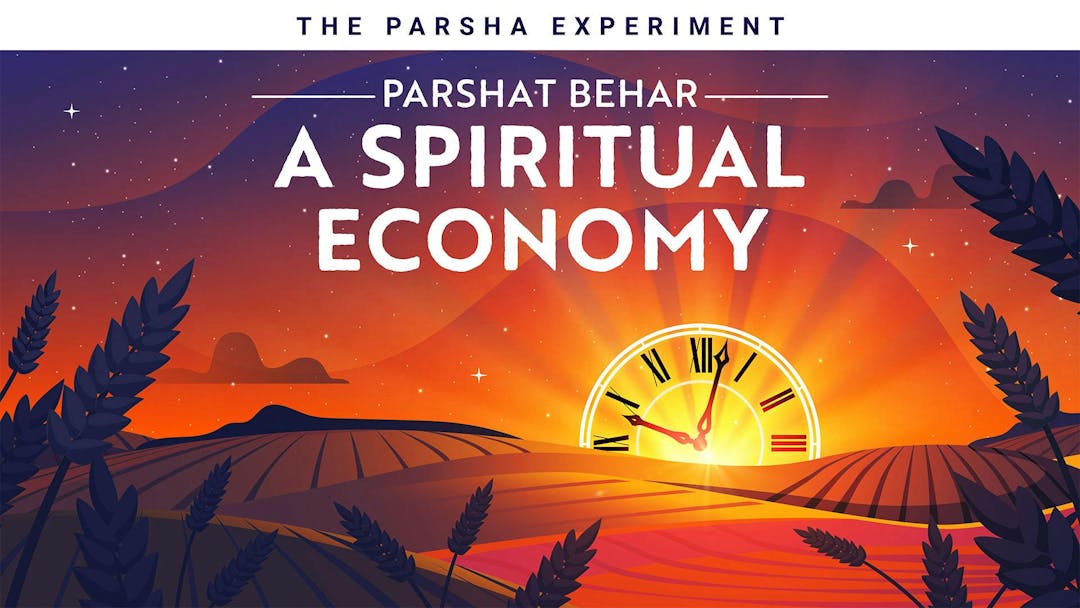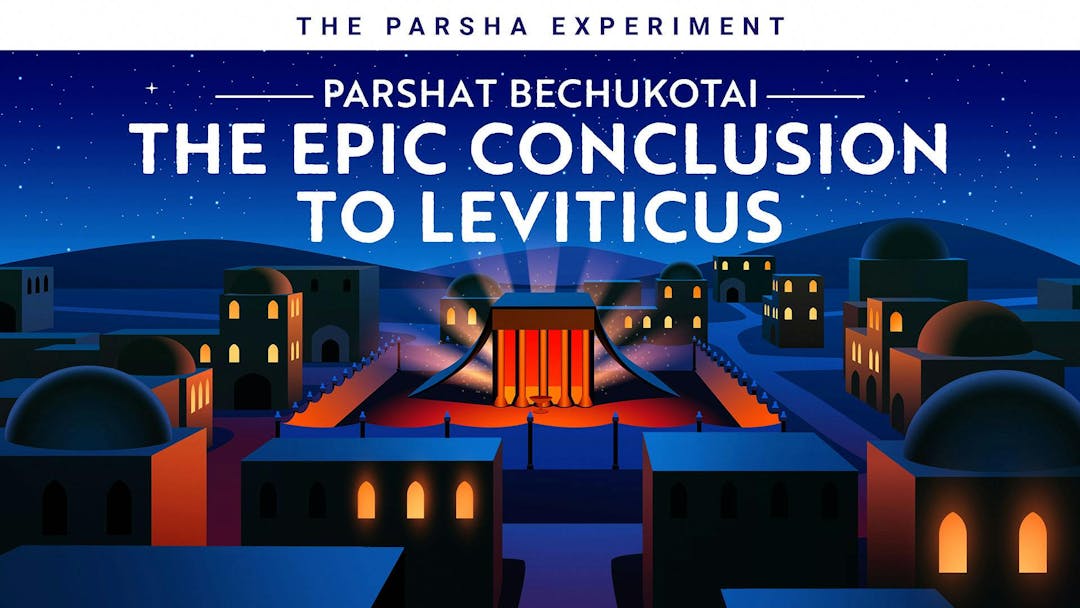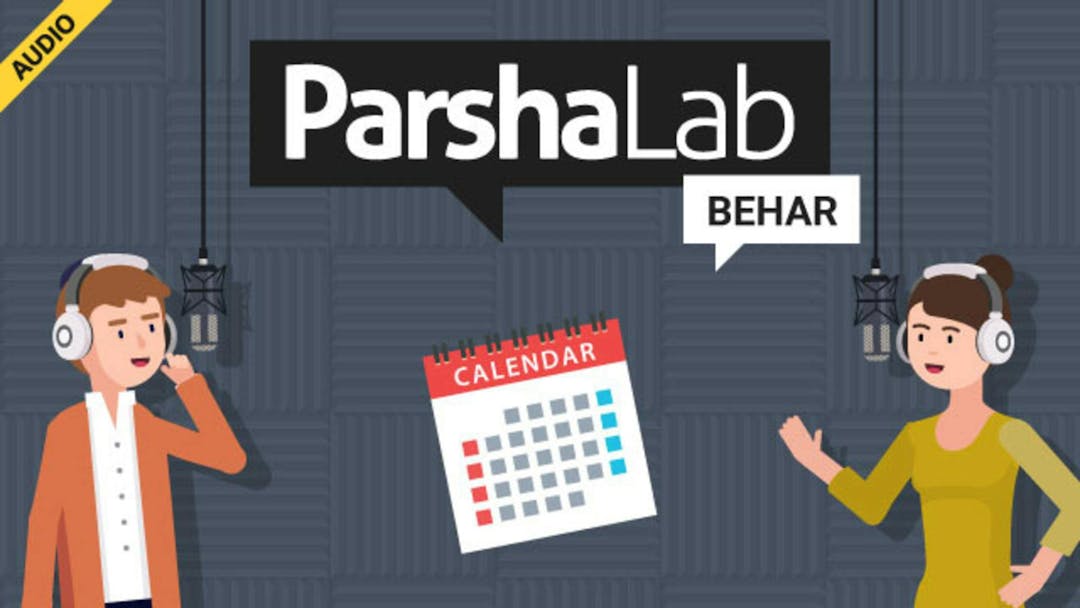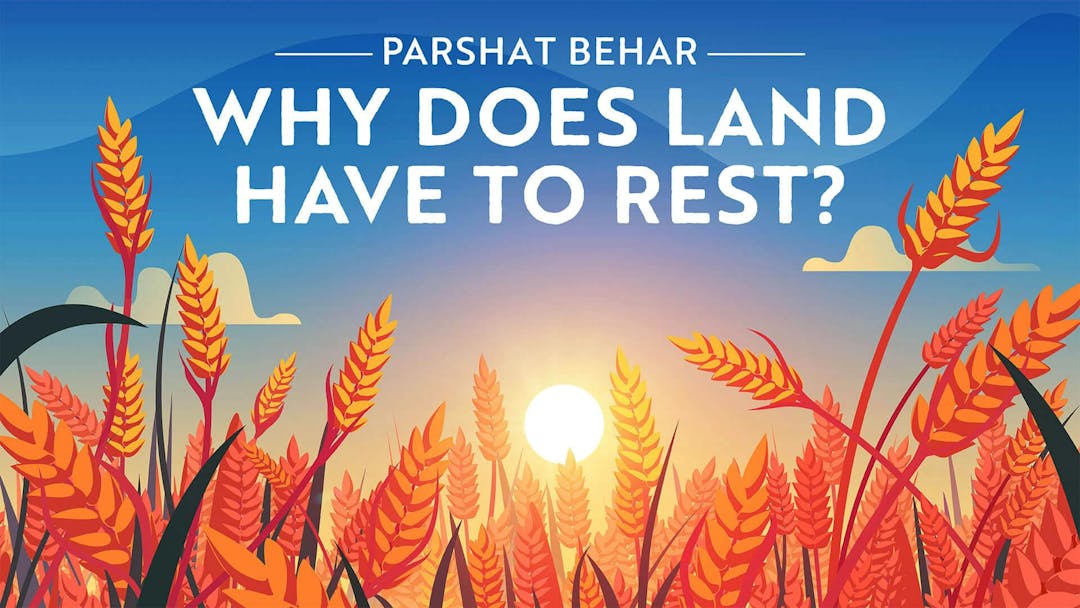Start your free trial today to unlock the full library and enjoy unlimited and uninterrupted access.
Get StartedWalking With God
Can We Truly Walk Closely With God?
In the book of Leviticus, the Bible suggests to us that if we follow God's will, we will be rewarded with "walking with God" – but what does that even mean? It's not like we can 'physically' walk with God. And secondly, and most curiously, that language of "walking with God" is the very same language that we find in the story of the Garden of Eden. But what are we supposed to make of that connection? Adam failed to walk with God, so what's the lesson? How can we understand what 'walking with God' really means in the Bible?
By comparing these parallels in Leviticus and Genesis, Rabbi Fohrman uncovers a sort of hidden manual on how we can strengthen our relationship with God. By understanding where Adam went wrong, we can find a practical lesson of what it means to walk closer with God every day. Join Rabbi Fohrman as he uncovers the loving, joyful moment of togetherness with God.
Want to watch the full video for free?
Enter your email and we’ll send you a link to watch the full series free.
What is Aleph Beta?
Aleph Beta is a unique kind of Torah library. Led by our founder, Rabbi David Fohrman, we are dedicated to high-level, textual Torah learning for adults that is intellectually and spiritually sophisticated, that enlivens your Jewish practice and helps you forge a deeper connection to God. Whether you’ve been learning in yeshiva for years or you’re just beginning your Torah journey, you’re sure to find something meaningful and surprising waiting for you here.
Browse our library of over 1,000 beautifully produced animated videos, podcasts, deep dive courses, and printable guides. Topics include the weekly parsha, Jewish holidays & fast days, laws & mitzvot, prayers, relationships, big philosophical ideas and more. Have something to say at the Shabbos table that will amaze your family and guests and bring deep meaning into their lives.












